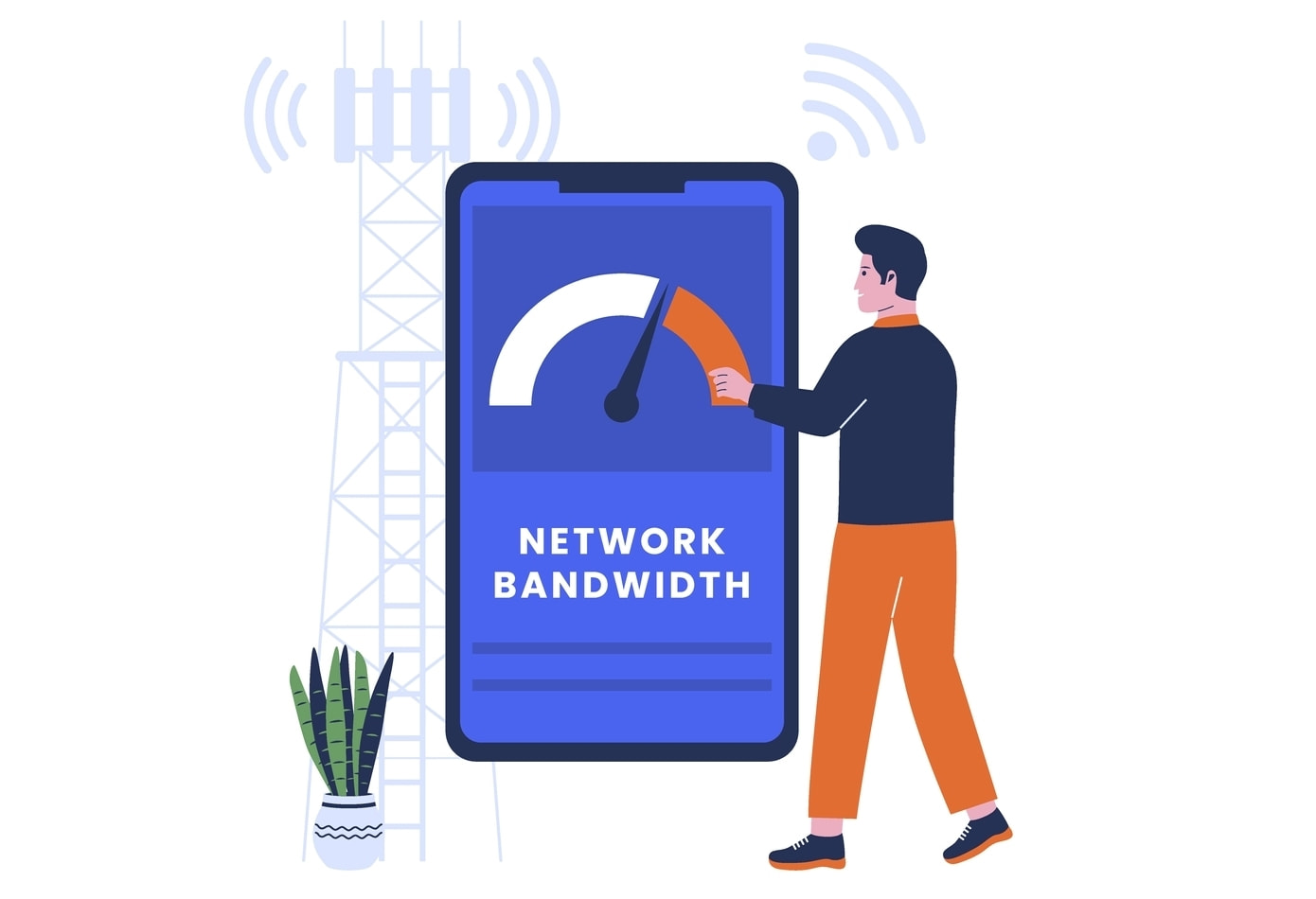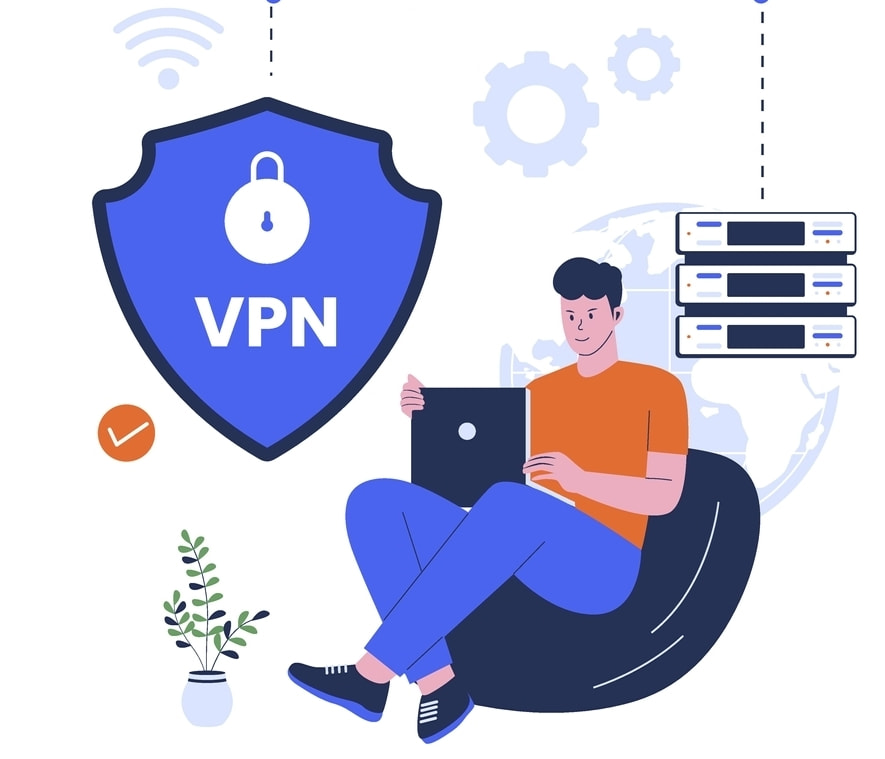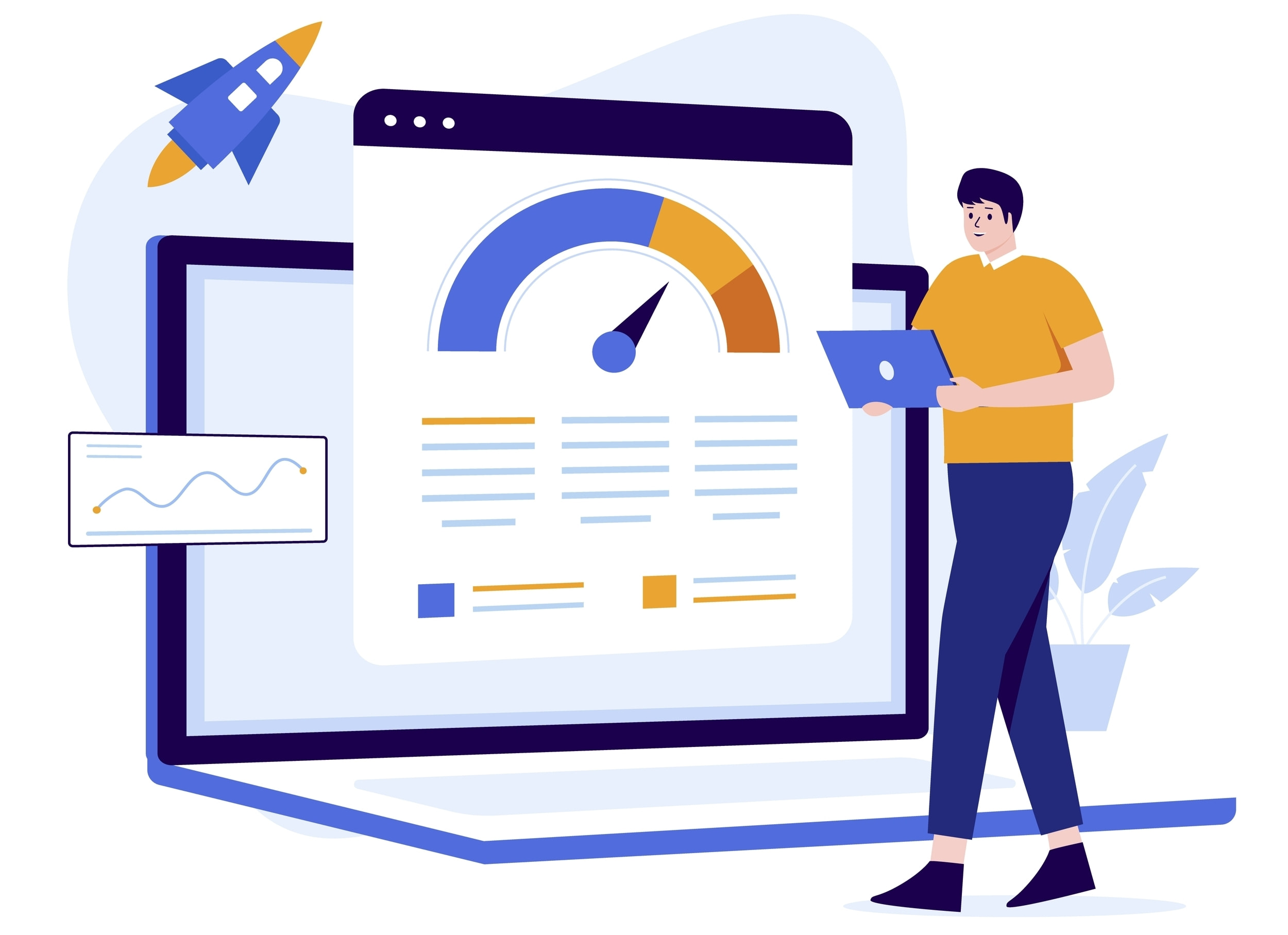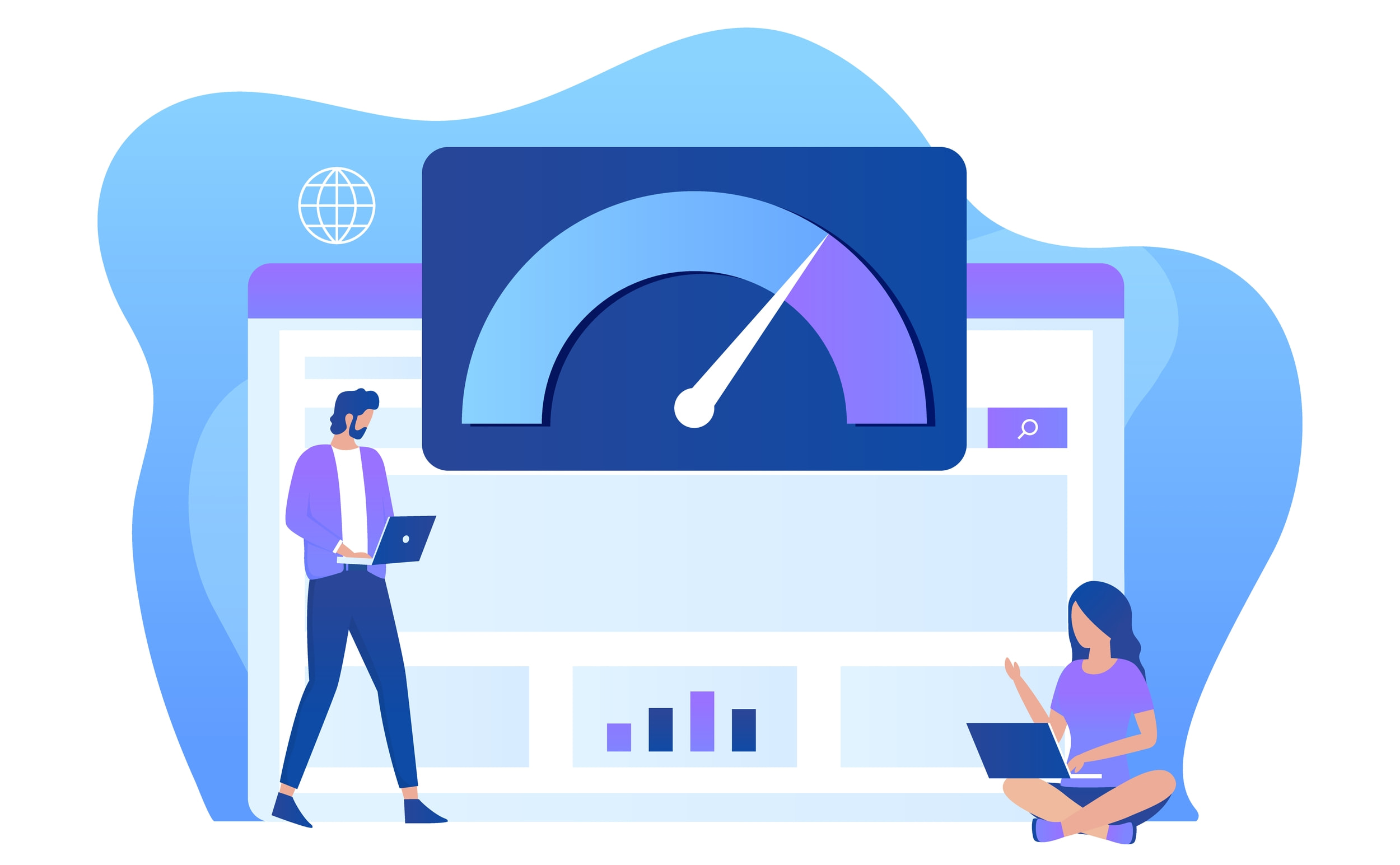Does VPN Unlimited Have a Bandwidth or Data Limit?
In the realm of Virtual Private Networks (VPNs), bandwidth is a crucial element that plays a significant role in determining the speed and efficiency of the network. Understanding bandwidth, how it's managed by VPN services, and its implications on the user experience is essential for anyone seeking a reliable VPN service. In this article, we delve into the world of VPN bandwidth, exploring its importance, potential limitations, monitoring, factors affecting speed, and ways to optimize it for a better VPN experience.

What Is Bandwidth?

Bandwidth refers to the maximum amount of data that can be transmitted through a network or internet connection within a given period, usually measured in bits per second (bps). It dictates the speed at which data can be sent and received, directly impacting the user's experience in terms of page loading times, video streaming quality, and more.
When it comes to VPNs, bandwidth plays a critical role in ensuring a smooth and responsive connection. Users often seek VPNs with ample bandwidth to accommodate their browsing, streaming, and downloading needs without interruptions.

Can VPNs Have Limited Bandwidth?

Yes, some VPN services impose bandwidth limits on their users. These limitations can manifest as a cap on the amount of data you can transmit over the VPN during a specific time frame, typically on a daily or monthly basis. Once you reach this limit, the VPN may either reduce your connection speed or temporarily restrict your access until the next bandwidth cycle.
For example, a VPN provider may offer a plan with a bandwidth limit of 50GB per month. If a user surpasses this limit, their VPN speed might be throttled, affecting their browsing and streaming experience. Compared to such services, VPN Unlimited is the ultimate solution. It doesn’t limit your connection speed and bandwidth regardless of how much traffic you’ve used.

VPN Bandwidth Monitoring

Many VPNs allow users to monitor their bandwidth usage to stay within the allocated limits. This feature can be invaluable for those who want to manage their usage effectively and avoid unexpected speed reductions. By staying informed about their data consumption, users can adjust their online activities accordingly and prevent any disruptions to their VPN service.
What Affects VPN Speed?
Several factors can influence the speed of a VPN, with bandwidth being a significant one. However, there are other factors to consider as well:
- Server Location: The geographical distance between the user and the VPN server can impact speed. Typically, connecting to a server closer to your location results in faster speeds.
- Network Congestion: The overall internet traffic and congestion at a given time can affect VPN speed. During peak usage hours, the network may experience slowdowns.
- Encryption Strength: Stronger encryption requires more processing power, potentially reducing the VPN speed. Balancing encryption strength with performance is crucial.
- Device Performance: The capabilities of the device you're using, such as its processing power and available RAM, can influence VPN speed.

How to Make Your VPN Faster

Enhancing your VPN speed involves a few simple steps:
- Choose the Right Server: Opt for a server that's geographically close to your location to minimize latency and improve speed.
- Select the Best Protocol: Experiment with different VPN protocols (e.g., OpenVPN, IKEv2, WireGuard) to find the one that offers optimal speed and security for your needs.
- Upgrade Your Internet Connection: Ensure that your base internet connection is robust to get the best VPN speed.
- Avoid Peak Usage Times: Use your VPN during off-peak hours to minimize the impact of network congestion on speed.
In conclusion, understanding VPN bandwidth, its potential limitations, and how it affects your online experience is essential for making informed decisions when choosing a VPN service. Monitoring your bandwidth usage and optimizing your VPN settings can significantly improve your connection speed, providing a seamless browsing, streaming, and downloading experience.
FAQ
Do all VPNs have bandwidth limitations, or are there providers with unlimited bandwidth?
Not all VPNs have bandwidth limitations. Some VPN providers offer plans with unlimited bandwidth, allowing users to utilize the VPN without worrying about hitting a data cap. These plans often come at a premium price compared to plans with bandwidth limits.
How can I accurately measure my VPN bandwidth usage to avoid exceeding the limit?
You can measure your VPN bandwidth usage using the monitoring tools provided by your VPN service. Most VPNs have built-in features or companion apps that display your usage. Additionally, you can use third-party applications that track data usage on your device to monitor your VPN data consumption.
Is VPN bandwidth affected by the type of online activities I engage in, such as streaming or browsing?
Yes, the type of online activity you engage in can affect your VPN bandwidth usage. Activities that require more data, such as streaming high-definition videos or downloading large files, will consume more VPN bandwidth compared to general browsing or sending emails.
Do free VPN services have bandwidth limitations, and how do they compare to paid VPNs in this aspect?
Yes, many free VPN services have bandwidth limitations to encourage users to upgrade to paid plans. The bandwidth limits on free VPNs are often lower than what you would get with a paid VPN. Paid VPNs typically offer higher bandwidth limits or unlimited bandwidth, making them a better choice for users with high data usage requirements.
Looking to Maximize Your VPN Experience?
Explore VPN Unlimited for unlimited bandwidth and exceptional performance. Don't let data limits hinder your online activities.
VPN Unlimited is also part of MonoDefense security bundle.